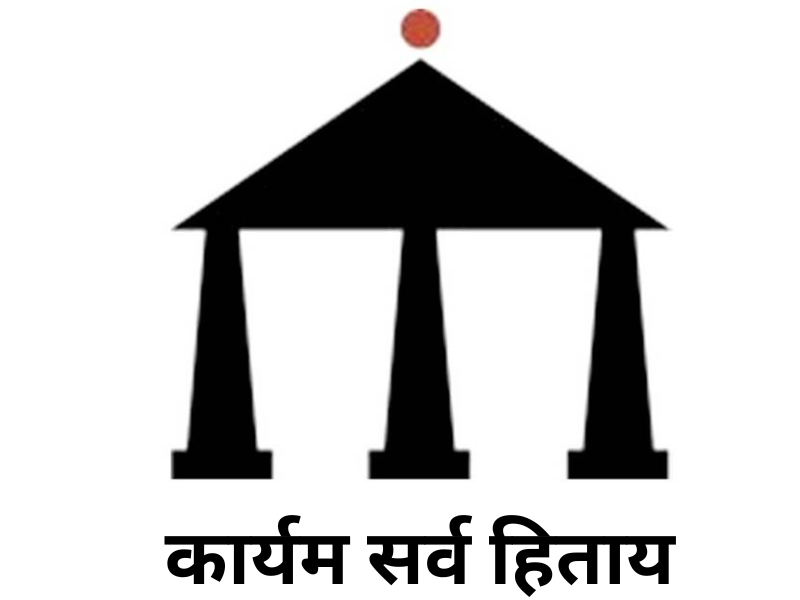In a joint project with the Delhi-based Accountability Initiative, RFG explores the role of Ombudsman in grievance redressal mechanisms. The Ombudsman has long been one of the world’s most prominent grievance redressal institutions. Originally from Sweden, it was widely adopted by other countries over the past five decades. Today Ombudsman’s offices are familiar and established in the United States, Canada, most EU nations, New Zealand, the Philippines, Australia and many other countries. In 2001 Kerala created an Ombudsman’s office. Like others around the world it is tasked with resolving citizen’s complaints against government employees and offices. Unlike the courts, the Kerala Ombudsman follows an informal process, does not require legal representation, and attempts to ensure that its orders are followed before concluding a case. Despite being unique in India, the institution has had scant academic attention. This paper attempts to begin a conversation about the Kerala Ombudsman by presenting a detailed account of its powers, functions, strengths and weaknesses, as well as raising a few specific points of critical analysis. This study is not only long overdue, but particularly timely. NREGA is currently working to create a nationwide system of Ombudsmen tasked with resolving complaints against NREGA work projects. On the eve of such a massive project, it is urgent that we consider what lessons can be learnt from one of the only other comparable Indian institutions. To this end, the paper will attempt to apply what is learnt from the Kerala Ombudsman to what we currently know about the NREGA Ombudsman.


